The 1964 Venice Biennale takes center stage as an intriguing historical drama directed by Amei Wallach. This prestigious exhibition, held every two years, brings together international artists displaying works their home countries sponsor. Visited by art lovers and judged by experts, the competition strikes the perfect balance of appreciation and assessment.
That year, the United States found itself newly invested after decades of overlooking involvement. With the Cold War in full swing and a desire to showcase American creativity, the stage seemed set. Albany Denney, politically connected and passionate for the arts, recognized an opportunity. She recruited curator Alan Solomon to lead their entry, trusting his vision could turn heads.
Solomon believed New York emerged as a true epicenter of expression. If he could bring that energy, one artist in particular may find favor above others. Robert Rauschenberg blended paint and found objects in unique ways, challenging norms while speaking to modern times. Though criticism followed, his eclectic style gained recognition. With the right platform, could this prove America stood confident yet curious, traditional yet pioneering?
Under Wallach’s direction, the Biennale becomes more than an exhibition but an experience. Layered cultural dynamics and personal ambitions come to a head. As artists share their gifts, politicians see opportunity. When conviction meets controversy, the result feels less like a contest and more like a drama unfolding. Somehow, someway, the outcome may surprise all who bear witness in that prestigious Italian city by the sea.
Conspiracies and competitions
There’s more happening beneath the surface in Taking Venice than first meets the eye. The 1964 Venice Biennale serves as the setting for a story simmering with intrigue, bringing artistic endeavors and political undercurrents to a boil.
We learn the US government took unprecedented interest in this international exhibition following years removed. Desiring a cultural presence to counter Communism, they recruited Denney and Solomon to champion American talent. Their mission is to promote New York as the epicenter of expression through one trailblazing artist in particular, Robert Rauschenberg.
Director Amei Wallach peels back layers of this plan through a mosaic of styles. Archival footage reconnects us to the era, while interviews offer insider angles. Yet her use of a nonlinear timeline raises questions. Pieces only come together as an unfolding mystery, keeping viewers guessing what twists may emerge.
Through it all, the score lends consequence where the stakes seemed low. A conspiracy feels uncovered yet remains shrouded in an espionage atmosphere. Wallach’s technique spins gold from mundane maneuvers, bringing rivalries between countries to life through rivalries between artists.
Tension mounts as tactics breach regulations or customs to maximize Rauschenberg’s standing. Was victory an achievement or a maneuver? Wallach prompts an examination of how sociopolitics infiltrate creative spheres. Her interweaving narrative transports us to another time while retaining a modern grip.
In telling this story as a spy thriller, Wallach elevates the intrigue inherent to cultural clashes and competition. She transforms routine art world exchange into a drama for the ages, leaving lingering impressions long after the final frame.
Crafting Suspense
Wallach takes an artful approach to whisking viewers back in time. Archival clips transport us to 1964 Venice, with flashes of newspapers and signage rooted in foreign locales. Yet modern footage ensures faces remain familiar across generations.
Layered over is where Wallach’s hand becomes clearest. Static images merge with moving video, blending sepia tones with living color. It’s like glancing at a memory that is multilayered. Details emerge slowly as language shifts, much as politics likely revealed itself incrementally to observers of the era.
This visual craft immerses us deeply in the world as it was. We live the experience alongside those interviewed, discovering the truths as they did. It’s remarkable how technology enhances rather than intrudes upon our perception of history.
Equally impactful is Chee Wei Tay’s lushly composed score. Notes flow with anticipation, mirroring moods as schemes unfold. A surge captures subtle breakthroughs, maintaining edge-of-seat suspense despite politics feeling distant to modern eyes.
Where stakes seemed objectively low, the music breathes life into high-stakes drama. Each story beat pulsates with possibility thanks to the underscoring. It bolsters Wallach’s efforts to engage us as if unfolding in real time, not through retrospection.
Together, visual and aural elements immerse us in the past while honoring art at the heart of the matter. Wallach and Tay spin intrigue from issues that once divided, reminding us that creativity can both reflect and overcome political winds of change. Theirs is a masterful weaving together of art and artistry to keep history feeling vibrantly alive.
The Canvas of Competing Ideologies
To appreciate how art became wrapped up in global affairs, one must picture the world stage of the 1960s. While propaganda and politics had long been mixed, this era saw culture emerge as a new front in the Cold War between free societies and communist rule.
As the space race boiled tensions, America also sought soft power by promoting creativity. Viewing artistic expression as a showcase for liberal values, the state waded into arenas once left to private players. Figures like Denney helped weaponize cultural talents, bringing pop art champion Rauschenberg to the fore.
His dynamic fusions of painting, printing, and found objects shocked traditionalists while captivating the new generation. Where some saw only chaos, Rauschenberg blended high and low in a way that commented on societal changes. Through recontextualization, he transformed mass production leftovers into thoughtful works.
By the mid-60s, pop art reigned, and Rauschenberg’s techniques influenced artists worldwide. Yet continental traditionalists still clung to the rigid separation of mediums and subjects. With the Biennale as their pedestal, such forces aimed to stall Pop’s progress and America’s accompanying cultural clout.
For Denney, Solomon, and their allies, countering such ossification meant promoting Pop’s pioneers, none bolder than Rauschenberg. His victory would prove to Euro-skeptics that their new world was arriving, guided by creativity unbound rather than ideology. Though artistic merit remained the stated goal, geopolitical stakes imbued the competition with an intensity befitting its epoch.
On the global stage, the dreams of people everywhere for broader horizons and freer expression hung in balance. Into that breach, the unlikely weapons of paint, print, and junk transformed a European expo into a battlefield for competing visions of tomorrow.
Questioning cultural authority
The events of 1964 caused no shortage of debate. By engineering Rauschenberg’s victory, did America take artistic merit out of the equation? Or was this just canny promotion in a new cultural landscape?
There are arguments on both sides. Tradition holds that exhibitions should elevate work, not countries. Rauschenberg’s supporters countered that rules needed updating for Pop’s dynamic spirit. Beyond that, America showcases a vision of individualism over orthodoxy that challenges old systems.
Of course, nationalism has its own pitfalls. What began as cultural soft power risked calcifying into commercialism or propaganda. That’s a line many still grapple with today.
Then there’s the question of means. Manipulation left a sour taste, even if the ends aimed to topple stagnation. But as one critic said, rules not written can bend as tastes change. Perhaps the Biennale’s guard needed disruption to foster future creativity.
Overall, taking Venice raises complex issues we continue debating. When does promotion empower new voices, and when does it co-opt? How do traditions adapt without losing their purpose of broadening minds?
There may be no simple answers. But reexamining history through different lenses, as this film does, can only deepen our understanding of art’s relationship with the societies that breed it. In questioning cultural authority, we fine-tune our own.
Shifting social landscapes
While Taking Venice split critics with its hybrid style, none could deny that Amei Wallach uncovered a fascinating glimpse of art clashing with power. Her movie shed new light on the 1964 Biennale, a storied event made unforgettable by America’s determination to make its mark.
Wallach transported viewers back to an era of profound transition. We watched pop art rise from novelty to recognition, mirroring the social tides of its time. Figures like Rauschenberg blazed trails others would follow, cementing new forms of expression that challenged tradition. It was a landscape ripe for discord between old orders and visions of what might come.
Into this landscape strode governments seeking influence as empires faded. Cultural dominance became the aim of superpowers vying for hearts and minds. Wallach showed how such forces courted someone like Rauschenberg, seeing in his work tools to shape perspectives. Her film sparked discussion on whether some means justified promoting art that prophesied changes to come.
Today we glimpse reflections of that age, as disrupted societies still find expression and identity through diverse creators. As new technologies alter how we live and relate, art remains a bellwether of shifting consciousness. Wallach’s documentary serves as a reminder that artistic waves, like social waves, rely on risk-takers who ride the fluxes of their time, and sometimes fate deals the cards that launch new tides.
Shifting Perspectives
This documentary took us on a thought-provoking journey. While its techniques didn’t always land, Amei Wallach sparked insightful discussions on the link between culture and power. Through Rauschenberg’s story, we watched old norms change and pop art rise, just as societies challenged traditional views.
Wallach kept us guessing around every corner, mirroring the surprise of that Biennale. Yet for all its mystery, the “thriller” aspects sometimes obscured the nuances. The manipulations seemed dramatic at first, but as they peeled back, they revealed complex ideals around expression and influence. Still, Wallach drew us deeply into an exotic time and place, allowing her charismatic subjects to be captivated.
By casting her lens on surprises both expected and unexpected, Wallach compelled us to re-examine presumptions on many fronts. She probed the political impacts of major cultural moments and artists’ balance between personal visions and wider roles. Though some blamed Wallach for raising issues without resolution, she invited us to continue the discussion and form our own perspectives.
Above all, Wallach transported us to a world that shaped our own in many ways. She reminded us that tides of change arise from risk-takers willing to defy what came before and showed how the relationship between societies and their expression remains fiercely debated. Though Taking Venice left some questions unanswered, it offered a glimpse into humanity’s endless pursuit of new frontiers through the power and beauty of its creations.
The Review
Taking Venice
In summary, while Taking Venice took an unconventional approach that didn't always stick to the landing, the film exposed an intriguing cultural chapter that remains relevant today. Wallach drew viewers into a lively drama that maintained mystery through its end. Despite some unevenness, the documentary sparked thoughtful discussions that will continue the story's legacy.
PROS
- Engaging story that kept viewers guessing
- Lively characters that held attention
- Conveyed artistic and sociopolitical complexities of the 1960s
- Provoked meaningful discussions on culture and power
CONS
- Unconventional techniques weren't fully effective
- Some details were obscured by the "thriller" approach
- Left-lingering questions without full resolutions
- The tone was uneven at times
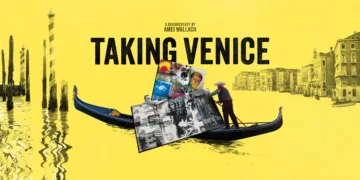








































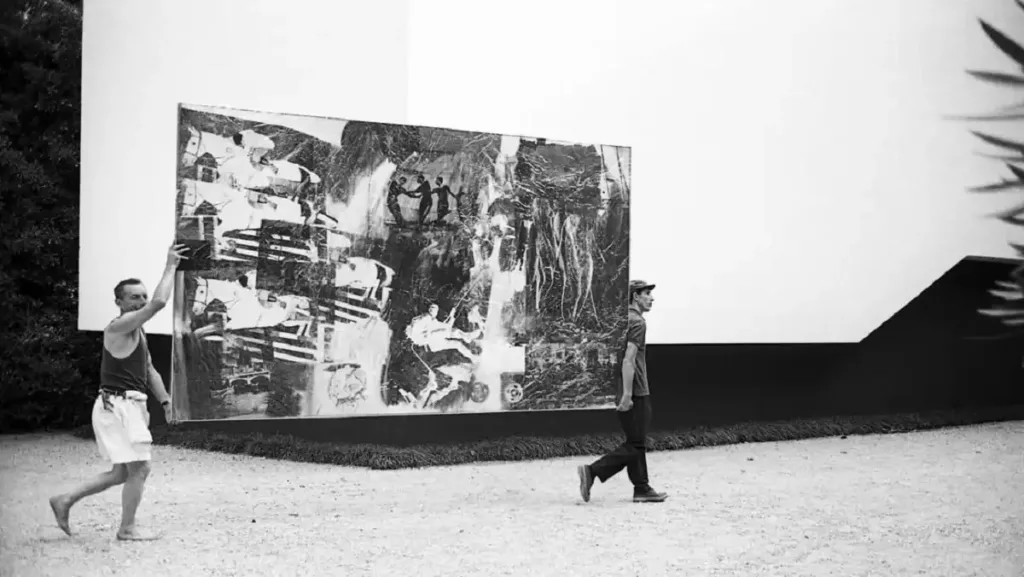
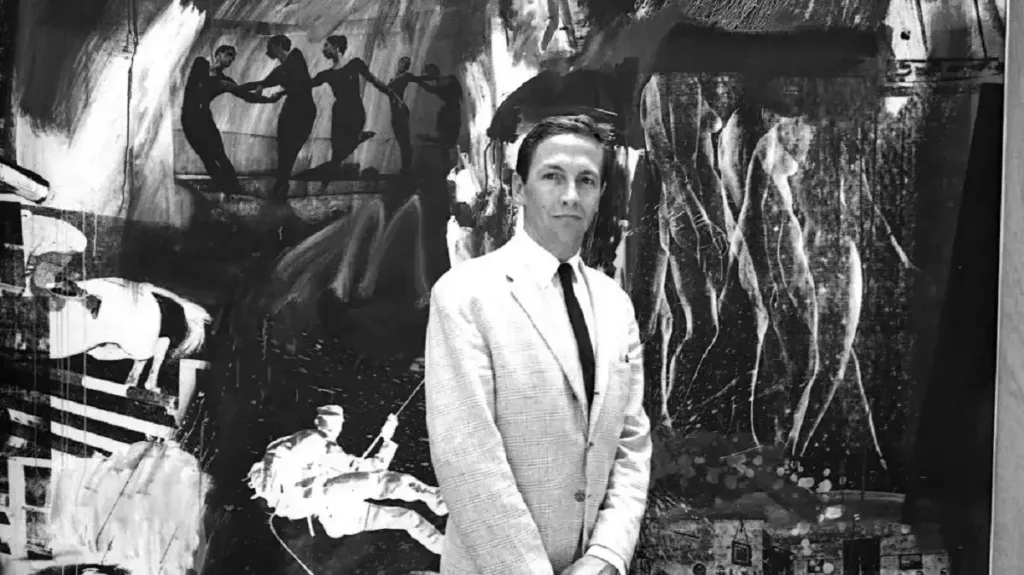

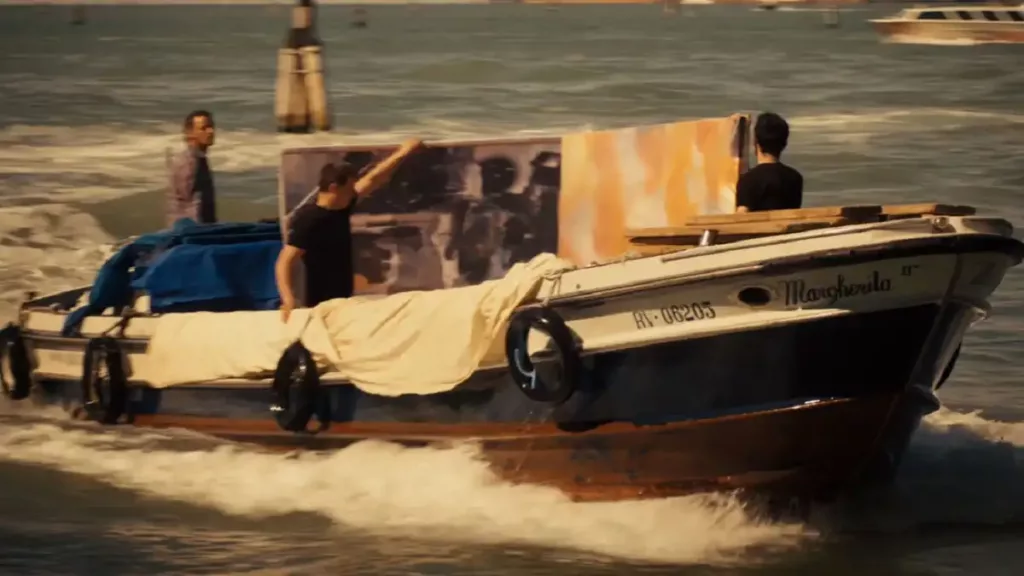
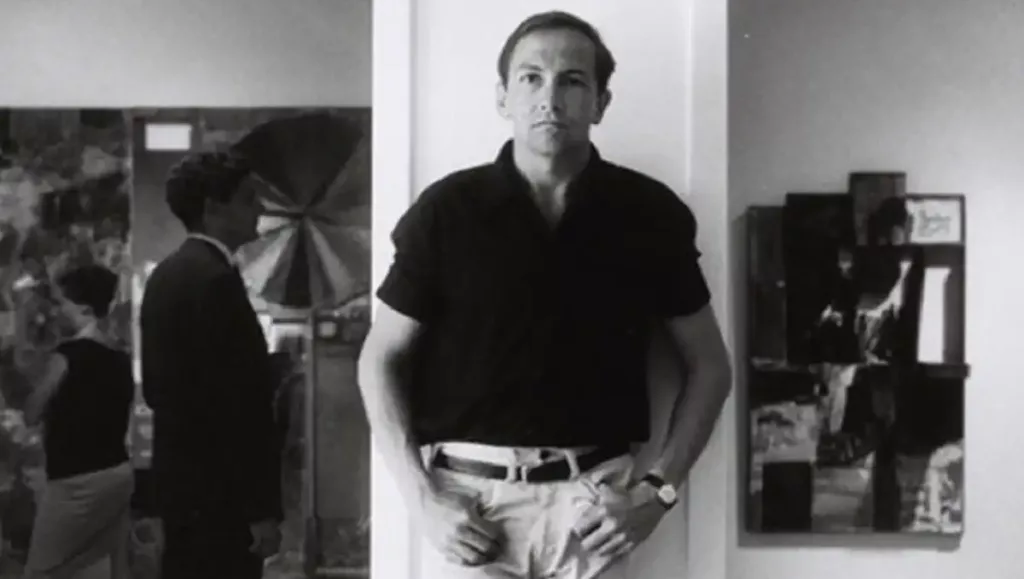


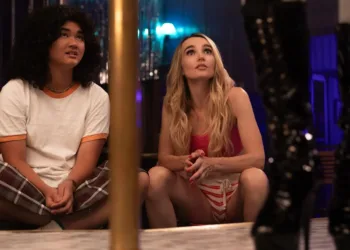





Discussion about this post